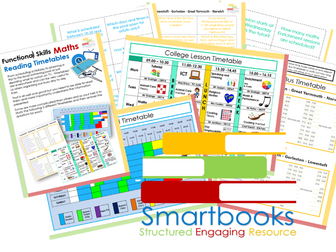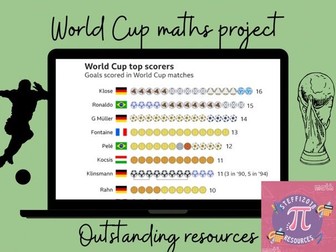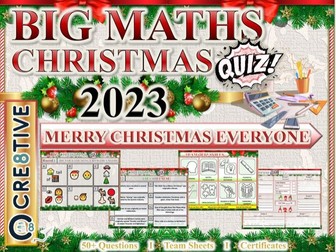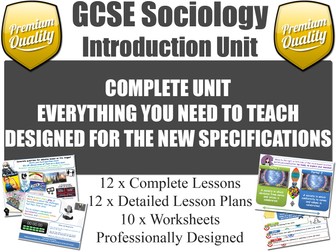Sale

Functional Skills - Maths - Reading Timetables
These worksheets have been designed to subtly embed the valuable functional skills learners required to get the most out of education, work and everyday life and help them function more confidently, effectively and independently. They can be used effectively in Tutorials, Maths or various other sessions.
This instalment focuses on ‘Reading Timetables’. Learners are tasked with studying 3 different examples, a Bus Timetable, a Swimming Pool Timetable and a College Session Timetable and then extracting the information required to answer the set questions and confirm understanding.
The questions can be answered individually or collectively by cutting them into cards. The larger A3 versions (included) can be displayed around the room for the learners to work in groups. Alternatively, the questions could be called out by the tutor for a more active learning experience. Lots of scope for interpretation, the resources also included some blank question sheets so learners can create some peer to peer questioning.
Feedback is Key, and we value your positive comments and constructive criticism. Post a review, and we will send you another singular resource at the same value of your choice for FREE!
This resource is available to download as a PDF file. Word versions are available, and feel free to message me directly for these formats at SmartbooksED@outlook.com





![Research Methods (10 Lessons) [ GCSE Sociology ]](https://l.imgt.es/resource-preview-imgs/33d2d29a-7ef7-4791-968c-3cbfd20e830a%2FBUNDLETEMPLATECOVER3.crop_1591x1200_0%2C0.preview.jpg?profile=res-img-med-legacy-v2)












![Social Stratification (20 Lessons) [ GCSE Sociology ] Power & Authority](https://l.imgt.es/resource-preview-imgs/2edda67e-6860-475d-a480-90a37645f302%2FCoverUpdated.crop_1599x1200_0%2C0.preview.jpg?profile=res-img-med-legacy-v2)



